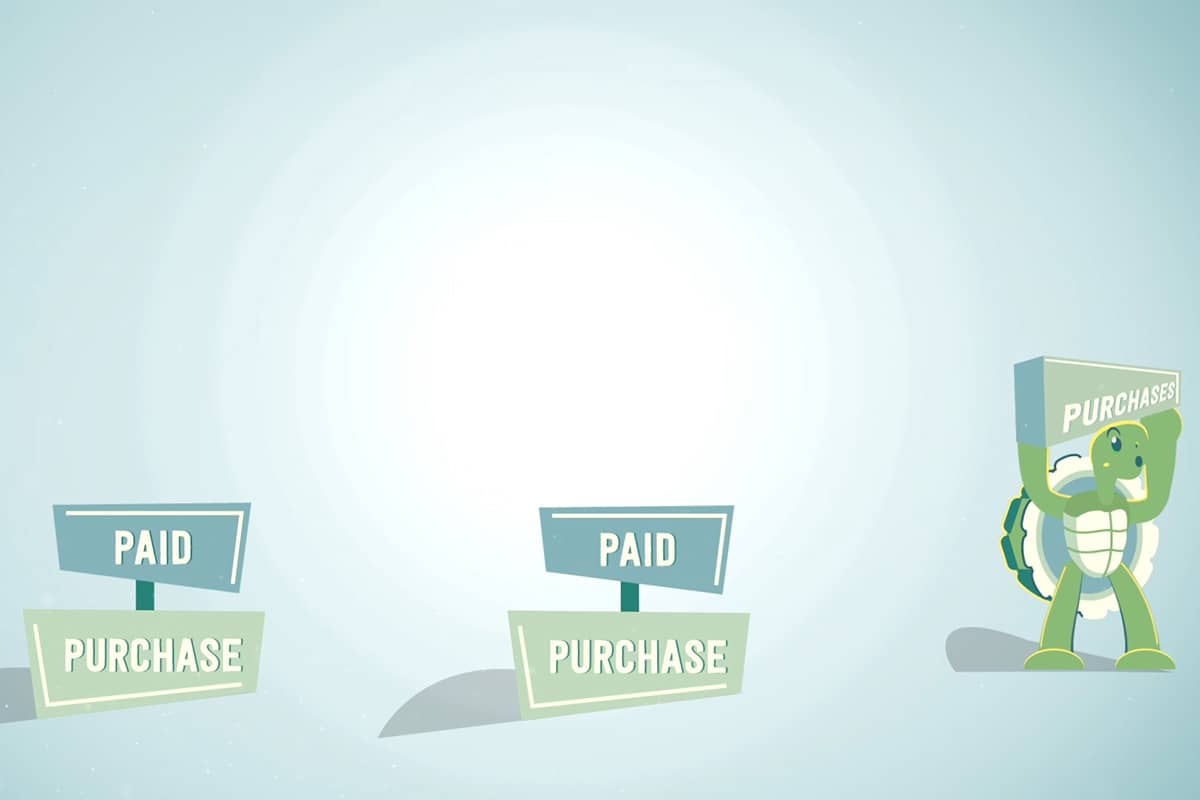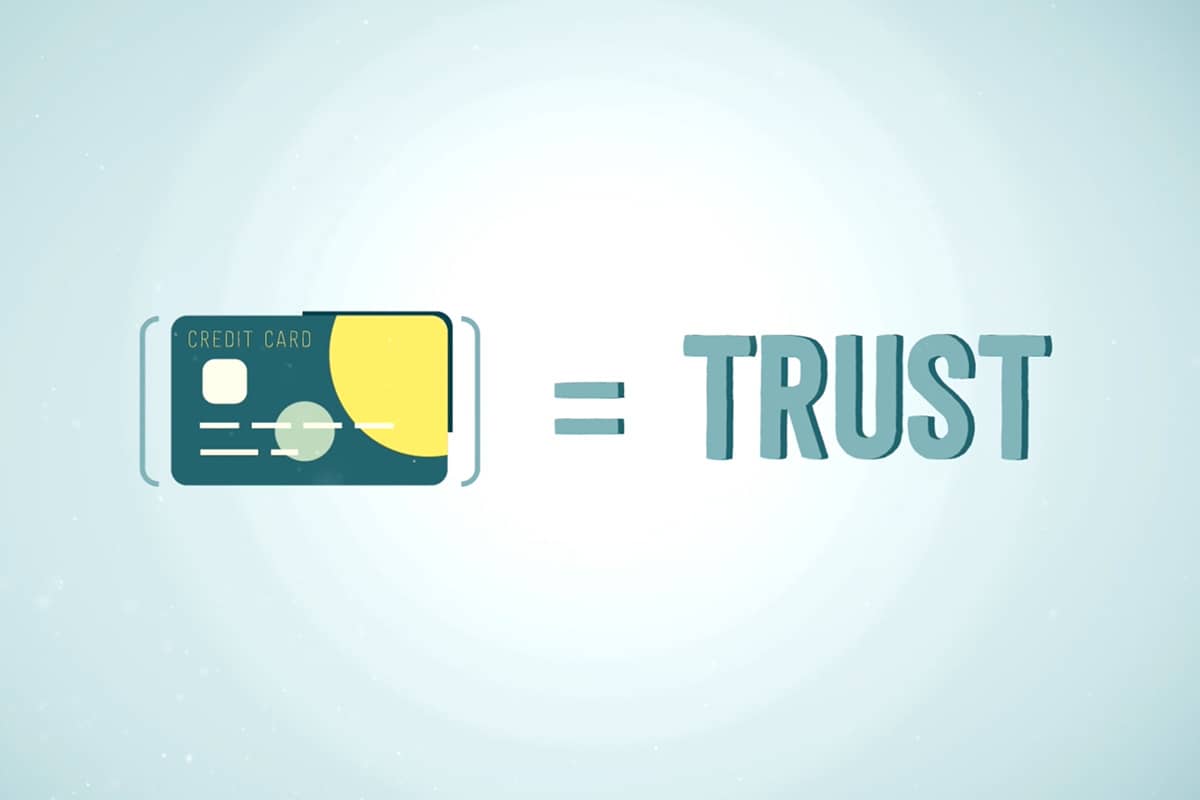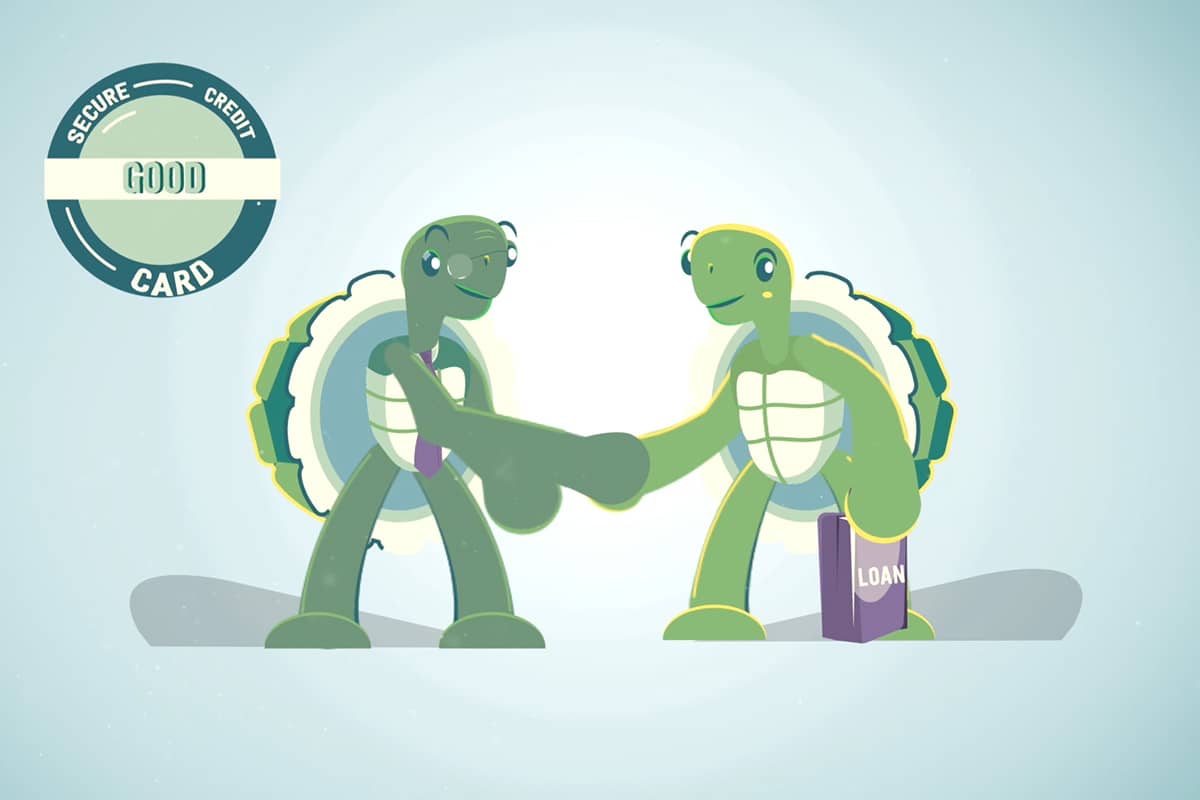What to do when you have debt in collections

By Turtle Credit Team
Disclaimer / Advertiser Disclosure
- The information provided on this website does not, and is not intended to, act as legal, financial or credit advice; instead, it is for general informational purposes only. Information on this website may not be current. This website may contain links to other third-party websites. Such links are only for the convenience of the reader, user or browser; we do not recommend or endorse the contents of any third-party sites. Readers of this website should contact their attorney, accountant or credit counselor to obtain advice with respect to their particular situation. No reader, user, or browser of this site should act or not act on the basis of information on this site. Always seek personal legal, financial or credit advice for your relevant jurisdiction. Only your individual attorney or advisor can provide assurances that the information contained herein – and your interpretation of it – is applicable or appropriate to your particular situation. Use of, and access to, this website or any of the links or resources contained within the site do not create an attorney-client or fiduciary relationship between the reader, user, or browser and website owner, authors, contributors, contributing firms, or their respective employers.
- TurtleCredit.com receives compensation for the financial products and services advertised on this site if our users apply for and sign up for any of them.
The global economy is under a lot of stress due to the looming economic and financial crisis caused by the Covid-19 pandemic. This crisis has severely impacted public and personal finances, and over the last six months or so, many people have seen a deterioration in their credit scores. People have lost their jobs and thus the ability to pay off their debts.
In such situations, it is always better to be prepared for the worst-case scenario. Those who are indebted should know about the debt collection process if they cannot pay off their debts.
What is Debt Collection
Debt collection is a process of collecting unpaid debts that many companies employ as an option of last resort. What happens is that when a company lends out debt to a borrower, that debt needs to be repaid within a specific time limit. If the borrower fails to pay the debt on time, the creditor may report a late payment on their credit report.
If the debt remains unpaid for a length of time, usually over 30 days, the debt may be declared delinquent. A delinquent debt simply means that the borrower has missed a payment. It does not amount to a default and may not even reflect in the credit report if the debt is paid back before the second billing cycle. This, however, depends on the policies of the lender.
Once a debt has remained unpaid for at least 60 days, the lender will start sending reminders of payments. These reminders may be in the form of phone calls, messages, emails, and mails to the borrower’s permanent address.
Once 90 to 120 days have passed without payment, the lender will start sending certified letters demanding the repayment of the debt. At this point, the lender may also communicate further legal steps that they may take in case of non-payment. These legal steps may include the notice of going for foreclosure, repossession of the collateral, closure of account in case of credit card debt, or transferring the debt to a debt collection agency. This is the last opportunity for the borrower to make the debt current and work with the lender.
Once 120 – 180 days have passed, the lender transfers the debt to a debt collection agency. A notice communicating the same will be sent to the borrower. Debt collecting agencies usually start communicating with the borrowers after 180 days since the debt has remained unpaid.
The debt collection agency purchases the unpaid debts from the lender at a discount. In this manner, the original lender recovers a percentage of the original debt. It is then up to the debt collector to try and recover as much debt as possible. For instance, a company can sell 30% of its debts to a debt collection agency at a 5% discount. This way, the company minimizes its potential loss.
The debt collection agency then takes charge of the debt and tries to recover the borrowers’ unpaid amount. Debt collection is a way to minimize the losses from bad debts.
How to deal with Debt Collection Agencies
Once the debt collection agencies start calling the borrowers, they will be persistent. Debt collectors are notorious for using “out of the book” practices for collecting their debts. There are some ethical debt collectors, but not all of them “play by the rules.” It is very important to know your rights and have a plan for dealing with debt collectors if your debt goes into collection.
Get details of the debt
It is a borrower’s right to get details of the debt they are being asked to pay. The borrower can ask the debt collector to issue a debt validation and debt verification letter containing the amount owed, term limit, and other relevant details of the debt. This letter should also include the details of the debt collecting agency trying to collect the debt. It is always a good idea to counter check the details with your own record to verify the details.
How to pay off a debt that has gone into collection
Borrowers have the right to choose the method for the repayment of the debt. The borrowers can negotiate a payment plan with the debt collector that suits their financial condition. It is essential to get these terms written and signed so that both parties understand the terms correctly.
Borrowers can also pay off the debt in one lump sum. There is also a third option available for borrowers.
The borrowers can try to negotiate and settle for an amount that is less than what they owe. This will usually take some good negotiation skills on the part of the borrower. There is a caveat here though, most debt collectors will agree to a lower payment amount, but they will end up selling the remainder to another debt collector. So the borrower may end up paying the full amount, only to different lenders.
In case that the debt the debt collector is asking for has already been paid off, or if the debt belongs to someone else, the borrower can open up a dispute for the debt, thereby forcing the debt collector to stop the collection of the debt and investigate the matter further. Depending on the investigation result, the debt collector will either send a verified bill or stop contacting the borrower.
Know your rights.
Borrowers need to be aware of their rights in such a situation. The rights of borrowers dealing with debt collectors are listed under “Fair
debt collection practices act” (FDCPA), the rights may also vary by states. In general, debt collectors cannot threaten, confiscate property, or damage the borrower. Some debt collectors resort to these practices, which are unfair, unethical, and illegal in the eyes of the law, but action against them can only be taken when the borrowers are aware of their rights.
Impact of debt collection on a credit report
Generally, collections remain a part of the credit report for 7 years from when they became delinquent. It is advisable to follow good personal financial management strategies to avoid such a situation. If the situation becomes unavoidable, then attempts should be made to repay the debt at the earliest.
Debt collectors may also take the legal route and file a lawsuit for the collection of debt. In such a situation, it is not wise to let the court summons go unanswered. The lawsuits may end up in wage garnishment or a lien on the property, depending on which state you live in.
This information is relevant to those who are indebted and facing debt collection. Knowing what to do and what your rights are can help a lot in formulating a plan to deal with the debt collectors when they come knocking at the door.
Spread the word
Articles: Personal Credit 101
We’ve been discussing credit and how it works but how do you start getting credit if you have no credit history? Better yet, how do you repair a bad credit history?
Imagine not having to worry about your finances and having an organized spending habit. Wouldn’t that put your mind to ease? Well, now you can build a successful budget by following a set of 8 steps.
One would assume that banks are the only financial service providers, but no, there are credit unions as well that function very much like banks do, but they have their differences.



